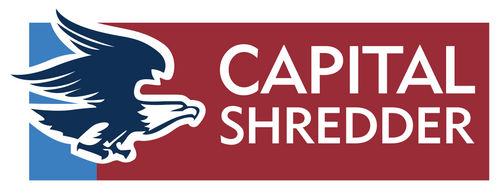Running a business means dealing with lots of paperwork. From contracts to invoices to miscellaneous memos, these documents can quickly pile up, leading to clutter and chaos in your workspace.
The secret to maintaining an organized office lies in knowing what to keep and what to discard. Here are three organization tips to know before you send those documents to the shredder.
Establish a Simple Filing System
Begin by creating a straightforward filing system that works for you and your team. This doesn't have to be overly complicated or time consuming. Start by categorizing documents into broad sections such as "Financial," "Client Agreements," "HR," and "Miscellaneous." Within each category, use labeled folders to store specific types of documents. For example, under "Financial," you might have separate folders for "Invoices," "Receipts," and "Tax Documents."
Once you've established this system, stick to it. Make it a habit to file documents immediately instead of letting them pile up. When the whole team adheres to the filing system, you'll save time and mental energy.
Create a Section for Must-Keep Documents
Documents that are ready for shredding may include unimportant mail with personal information, unnecessary credit and bank statements, four-year-old tax forms, and former employee records. However, you must safeguard a good portion of your documents for several years for legal or compliance purposes.
Records that you’ll keep for extended periods include annual reports, financial statements, tax returns, contracts, and all deeds or leasing contracts. Store these documents in a separate filing cabinet. Maintain the same filing system, but remember that these items won’t find their way to the shredder like the other cabinet packed with paper.
Shred Documents Once Every Two Weeks
With a filing system in place and an understanding of which documents to keep, it's time to address shredding. To prevent clutter, schedule regular shredding sessions every two weeks. This routine maintains a tidy workspace and ensures sensitive information doesn’t linger unnecessarily.
During these biweekly sessions, you need to review the documents in your main files. If a document is no longer needed and isn't necessary for legal reasons, move it to the shred pile. It's an ongoing process that keeps your filing system updated and reduces the risk of accidentally discarding something important.
Protecting your business’s private information is easy when you implement these organization tips before shredding documents. Using this efficient procedure and having a superior paper shredding machine supplier like Capital Shredder will consistently safeguard your business.


